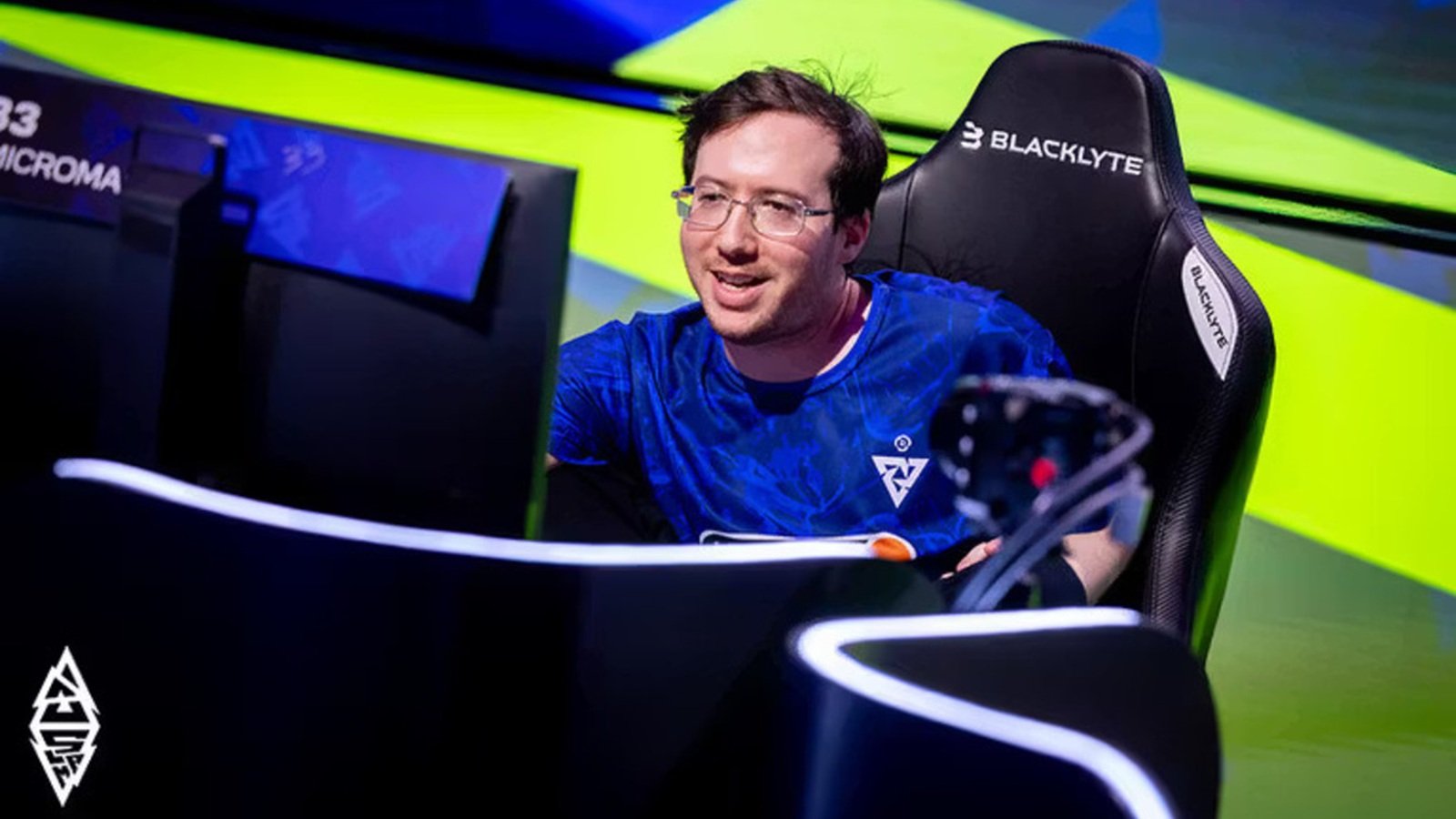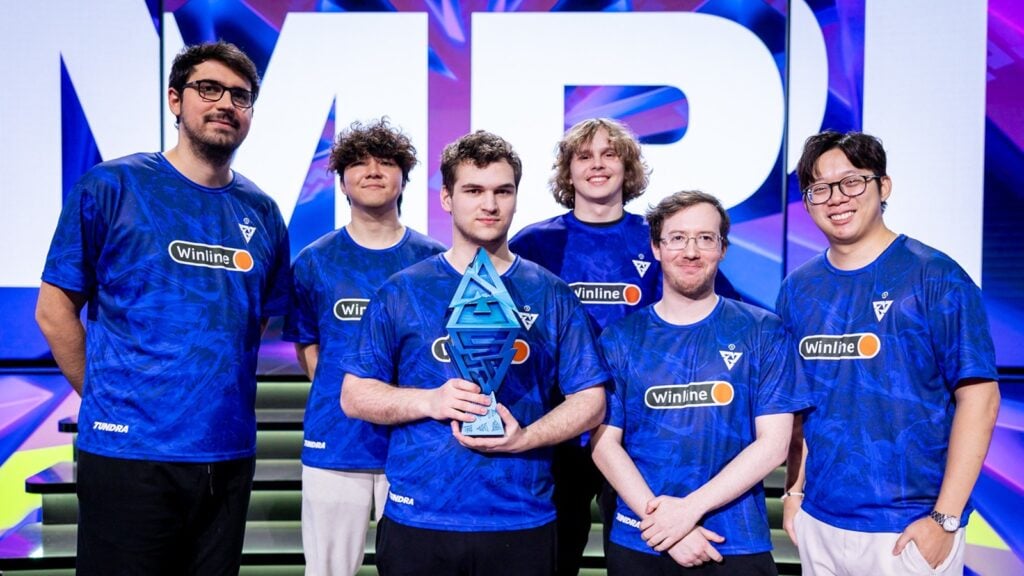
With The International 2025 just around the corner, Neta “33” Shapira has offered a brutally honest assessment of Tundra Esports’ current form.
The veteran offlaner admitted that the squad has “definitely lost the peak form” they showed earlier in the year, a worrying revelation for a team heading into the biggest stage in competitive Dota 2.
Speaking in an interview with BLAST TV, 33 described the situation as “a bit of an identity crisis,” underscoring the challenges Tundra faces in rediscovering their rhythm before the tournament begins in Hamburg. His candid remarks highlight both the pressure and uncertainty surrounding the roster as they prepare to fight for the Aegis of Champions once again.
33’s reflections tell the story of a team that soared to incredible heights before stumbling into uncharted struggles. “We started off really well. For the first six months or so, we were arguably the best team based on results and gameplay,” he explained, recalling Tundra’s commanding start to the 2025 season.

At their peak, Tundra looked nearly untouchable. Their gameplay was defined by precision, confidence, and a crystal-clear identity that made them stand out from the rest of the field. “We had a very clear identity and strong ideas about how we wanted to play, and everything just clicked,” 33 said, highlighting the cohesion that once fueled their dominance.
However, sustaining that level of excellence has proven difficult. The veteran admitted that while Tundra remains competitive, they’ve lost some of the edge that made them so fearsome earlier in the year. “Since then, things have been more difficult. We’re still playing well, but we’ve definitely lost the peak form we had earlier in the year,” he said.
The timing couldn’t be more troubling, with TI14’s group stage set to kick off on September 4 in Hamburg, leaving fans to wonder whether Tundra can rediscover their magic before the Aegis of Champions is on the line.
When pressed about Tundra Esports’ current identity heading into TI14, 33 admitted that the team is still searching for answers. “That’s actually something we’ve been figuring out recently. You could say we’ve had a bit of an identity crisis,” he revealed, pointing to an ongoing struggle about the tactical clarity that fueled their dominance earlier this year.
Tundra’s trademark playstyle, built around patient, map-control-based strategies, has come under pressure as the competitive meta continues to evolve. Rivals have adapted, and the once-effective formula is no longer a guaranteed path to victory. “Finding the right balance between sticking to what has worked for us in the past and adapting to new meta ideas has been our main challenge,” 33 said.
However, the veteran remains cautiously optimistic. While adjustments are still being made, he believes the team is slowly closing in on a solution: “It’s a work in progress, but we’re getting closer.” That measured confidence may prove critical as Tundra attempts to regain its footing in time for Dota 2’s biggest stage.
Whether Tundra can overcome their admitted struggles to make a deep run at the tournament remains one of TI14’s most intriguing storylines. 33’s honesty about their challenges has set realistic expectations while highlighting the mental fortitude required to compete at Dota 2’s highest level.







